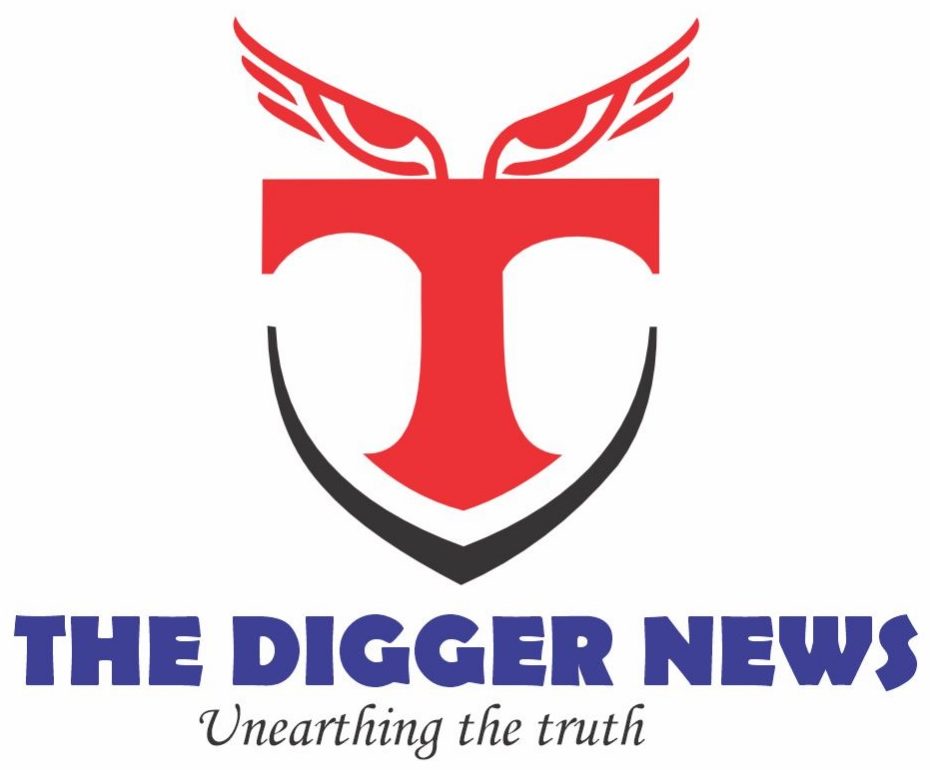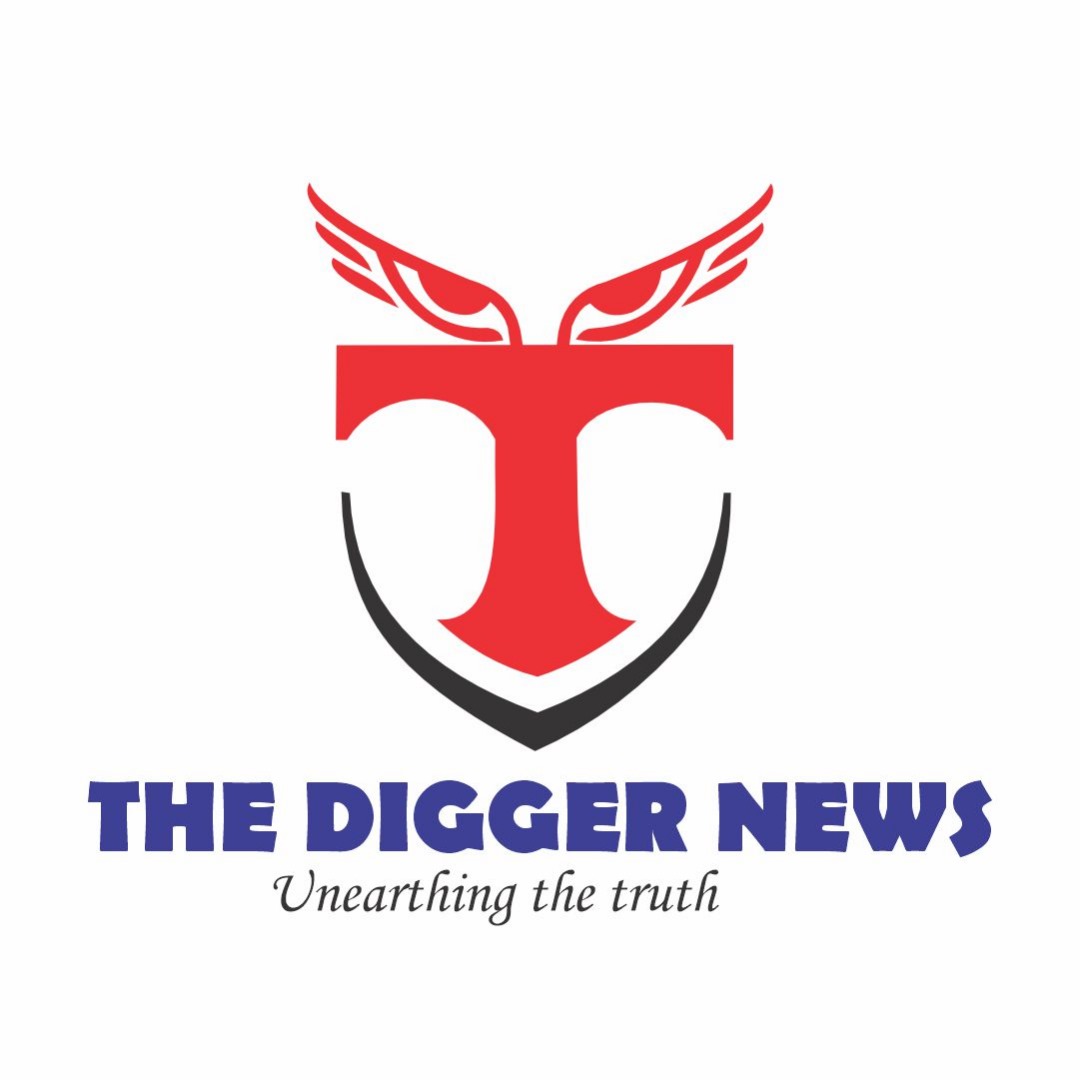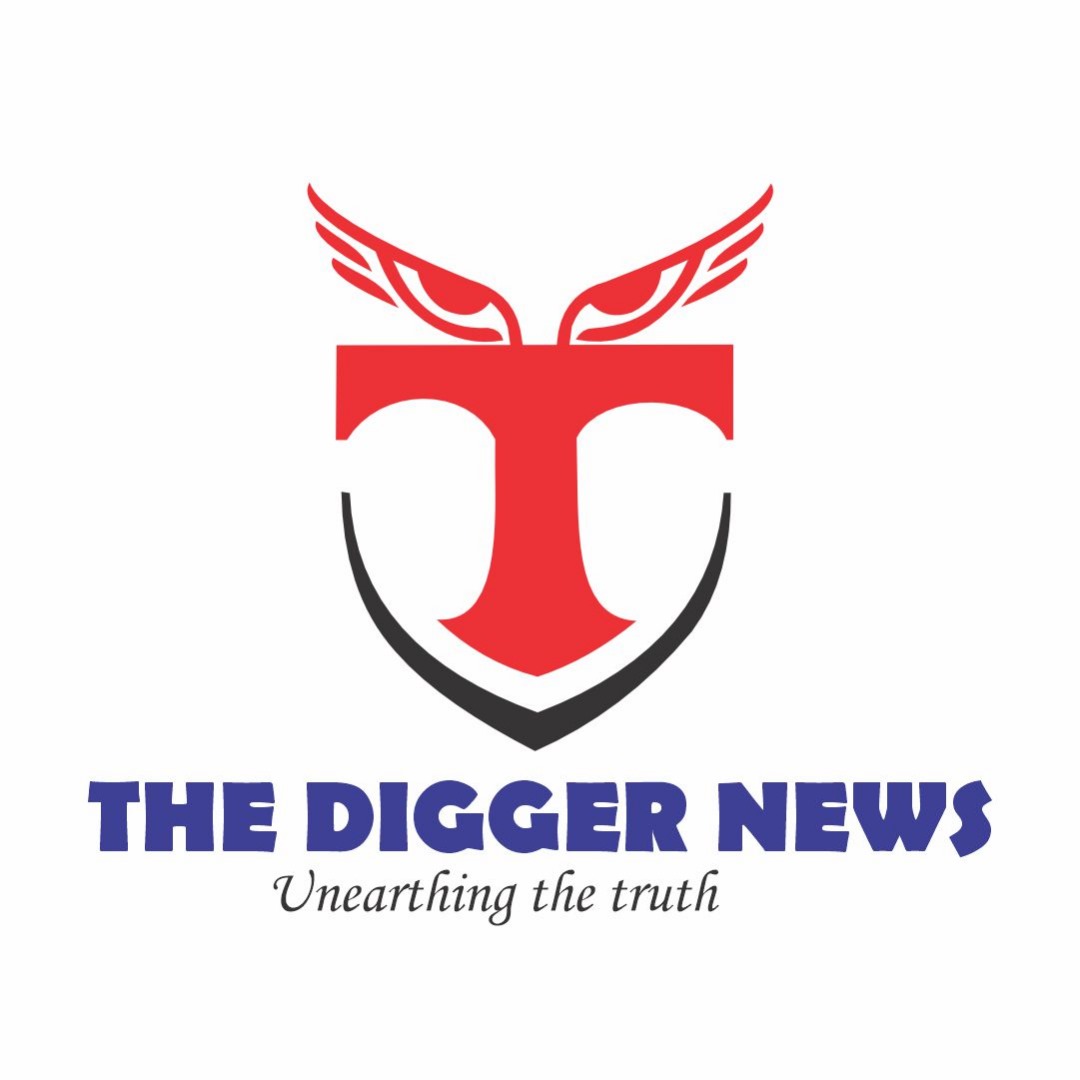In the heart of Ogun State’s Ogijo community, a silent crisis brews beneath the clatter of metal and the haze of industrial smoke.
Numerous battery recycling facilities in the Ogijo Community of Ogun State engage in improper recycling and disposal practices, posing serious health risks to residents from Used Lead-Acid Batteries (ULABs).
Residents who already live in the throes of air pollution from acrid smoke from kilns, soil contamination from lead residues in farmland, and water pollution, with the toxic runoff into local water resources, are susceptible to damaging ailments like respiratory distress, kidney disease, and lead poisoning, especially in children.
Culpable Companies, Adopted Measures
Companies implicated in these improper practices include Everest Metals Nigeria Limited, Monarch Steel Mills Limited, and numerous battery recycling facilities, many of which have been linked to unsafe slag disposal.
Despite repeated warnings from the government and international agencies against these dangerous practices, investigations by TheDiggerNews reveal that these companies remain apathetic, persisting in the unwholesome practice.
Everest Metals Nigeria Limited, situated at Km 16 Ikorodu-Sagamu Road, Ogijo, Ogun State, specialises in non-ferrous metals, which include refined Lead Ingots, Lead Alloy Ingots, Aluminium Alloy Ingots, and Copper Ingots.
It has a monthly production capacity of 3,500 tons of Aluminium & Aluminium Alloy Ingots, 2,000 tons of Pure Lead & Lead Alloy, and 200 tons of Copper Ingots.
Investigation reveals that Everest Metals was recycling lead-acid batteries in ways that severely contaminated the Ipetoro community, near Ogijo.
Blood tests carried out on residents confirmed elevated lead levels in residents, particularly children, linking the pollution directly to Everest’s operations.
Besides, the sample of soil in the area showed dangerous levels of lead, while overt photos exposed unsafe work practices.
At one time, manufacturers from Europe were surprised when they saw abundant evidence of the pollution from Everest’s indiscriminate practice.
A company, Johnson Controls, which sources lead from Everest via intermediaries, in the past embarked on in-house investigations, pledging corrective action.
Meanwhile, Everest Metals had been involved in eco-friendly manufacturing and had conducted medical outreach programmes.
But these activities were insufficient compared to the level of humongous contamination inflicted on the residents of the Ogijo community.
Monarch Steel Mills Limited, another company guilty of this misdeed, manufactures basic metals, like steel, iron, and other metal-related products.
Run by Indian businessmen, it is also involved in Industrial Construction & Manufacturing, which consists of building and maintaining infrastructure such as mills, factories, machinery, and metal works.
Registered at 7 Randle Crescent, Apapa, Lagos State, Nigeria, and Abuja, in 19A Sholaja Alagogo Street, Monarch Steel Mills Ltd also carries out its operations specifically in Sagamu. Still, both Sagamu and Ogijo are neighbouring industrial hubs within Ogun State, and sometimes companies operating in one are associated with the broader region.
An investigation conducted by the Federal Competition and Consumer Protection Commission (FCCPC) found that Monarch Steel Mills Ltd, one of the steel firms inspected in Sagamu, Ogun State, still operates in the Oruku area of Ogijo. According to the FCCPC’s investigation, Monarch Steel allegedly produced substandard iron rods.
Other companies found culpable included African Foundries in Ogijo and Kam Steel Integrated Company in Sagamu.
If Monarch Steel Mills Ltd is not directly listed as operating in Ogijo, its proximity to Ogijo and involvement in regional industrial activities show that it is part of the same manufacturing ecosystem.
Companies such as Everest Metals Nigeria Limited and Monarch Steel Limited emit toxic smoke and dump waste into the soil and water.
Both companies have been alleged variously. While Everest had been somehow accountable in its operations, Monarch had been non-responsive in its due diligence.
Impacts and Components of ULABs
ULABs are commonly found in vehicles and backup power systems, which, when they reach their end-of-life, contain toxic materials like lead, sulfuric acid, and plastic casings.
When companies recycle them inappropriately using substandard methods, these toxic materials release hazardous slag that contains lead oxides, iron oxides, electrolyte residues, plastic, and additive impurities.
According to research by experts, ULABs can result in health impacts like neurological damage, developmental delays in children, kidney and cardiovascular issues.
They can also lead to environmental degradation, such as loss of biodiversity, contaminated groundwater, and soil infertility.
Protests
Despite the challenges, Ogijo residents have shown remarkable resilience, staging protests to demand that these factories cease dumping hazardous wastes in their environment.
In 2019, both Ipetoro and Ewu-Eruku demonstrated against Monarch Steel Mills, citing air and water pollution from its recycling activities.
Protesters, including children, bravely carried placards with various inscriptions, demanding green recycling, even as communities continued to voice their concerns to the National Environmental Standards and Regulations Enforcement Agency (NESREA).
Despite all the protests and complaints, these companies have yielded little or no ground in hearkening to the complaints of the community.
However, findings by TheDiggerNews reveal that in the past, Everest Metal provided transformers to two communities in Ogun State, helping them escape darkness, at a cost of #10 million.
Other companies have responded by sinking boreholes and also providing transformers for the communities in the area.
Nonetheless, analysts noted that these interventions are far from commensurate with the benefits and proceeds earned by these factories from their host community.
Due to these reckless practices, residents have complained that they must keep their windows closed both during the day and at night to prevent emissions, in addition to reports of underground water contamination, which poses significant health risks.
Yet, undeterred, the factories have continued their operations to date, disregarding the severe environmental consequences inflicted on the host community.
Rescue Operations
To the rescue, NESREA, GIZ Nigeria, and STRADeV have launched a Slag Evacuation Programme to clean up Ogijo.
Analysts argue that NESREA’s six-year delay, from 2019 to 2025, in starting an evacuation programme to clean up the community is unjustifiable, mainly since the community had previously submitted its complaint to the agency.
The mandate of NESREA includes the enforcement of environmental regulations, the promotion of sustainable development, and the safeguarding of Nigeria’s natural resources for both present and future generations. However, analysts are sceptical about whether these mandates have been effectively accomplished.
They have had to enforce the National Environmental (Battery Control) Regulations 2024, a set of regulations aimed at controlling the recycling and disposal of batteries, monitor and regulate recycling facilities, promote circular economy practices to convert slag into usable material, and formalise safe collection, transport, and treatment of slag.
Stakeholders have held a series of meetings to raise awareness, build capacity for safe recycling, and move towards industrial compliance.
Stepping in, the Ogun State Government recycles over 1,200 metric tonnes of batteries daily, making it Nigeria’s largest hub for battery recycling.
Nwamaka Ejiofor, Assistant Director of NESREA, disclosed in a statement last week in Abuja that the agency, as the primary regulatory body for environmental matters in Nigeria, is partnering with GIZ Nigeria to evacuate hazardous waste from the Ogijo community in Ogun.
According to Ejiofor, the waste is “Used Lead-Acid Battery (ULAB) slag.” Slag is a hazardous by-product of smelting used in lead-acid batteries.
“It primarily consists of iron and lead oxides, along with impurities from battery casings, electrolytes, and additives,” said Ejiofor.
Other partners in the initiative include Sustainable Research and Action for Environmental Development (SRADeV) and the Alliance for Responsible Battery Recycling (ARBR), among others.
According to Ejiofor, residents of the Ogijo community will soon enjoy a breath of fresh air, as NESREA and its partners are finalising plans to remove the hazardous ULAB slag from the area.
She explained that this initiative was the focus of a stakeholder engagement meeting on strategies for managing ULAB slag in Ogijo, noting that the community was home to several battery recycling facilities.
“It is classified as hazardous waste under both national and international environmental regulations,” she expressed.
Also, Prof. Innocent Barikor, Director-General at NESREA, highlighted the dangers residents were exposed to from the ULAB slag.
“Ogijo has unfortunately emerged as a hotspot for the unregulated and improper disposal of slag.
“The continued dumping of this material in Ogijo poses serious risks to the environment and public health, particularly for vulnerable populations such as children,” he stated.
Barikor recalled his promise earlier in the year to address the environmental concern in Ogijo, saying that NESREA had commenced the full operationalisation of the National Environmental (Battery Control) Regulations 2024.
“The agency has also developed an intense compliance monitoring and enforcement framework for Ogijo and its environs to stem the tide of this ravaging pollution and prevent other Ogijo scenarios that are waiting to happen.
Conclusion: A Community on the Brink, A System Under Scrutiny
As Ogijo residents continue to live under the shadow of toxic exposure, the question remains: will the companies responsible for the reckless disposal of Used Lead-Acid Batteries (ULABs) embrace international best practices—or persist in endangering lives with impunity? The silence from regulatory bodies like NESREA grows louder by the day, and the stakes couldn’t be higher.
TheDiggerNews.com will remain on the ground, tracking every development, exposing every failure, and amplifying the voices of those most affected. The clock is ticking—and accountability is no longer optional.




